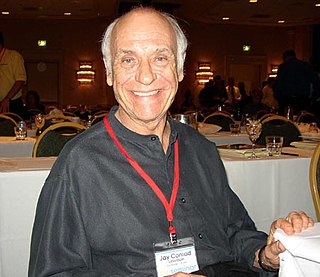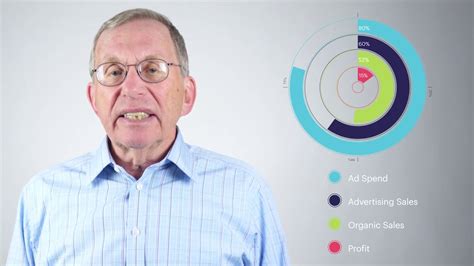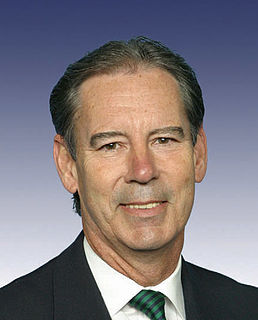A Quote by Yvonne Orji
I worked for a company called Population Services International, a social marketing company advocating healthy behaviors. We had a big branding campaign with celebrities to help educate about the proper use of mosquito nets, for example, to help prevent malaria.
Related Quotes
Being an entrepreneur I love to help people, and I think through the products that we develop in my company, we will be able to help a lot of people. Whether it's help them to get over the difficulties of a technology and use it. Or helping employees, creating new jobs, new opportunities for people that work in my company.
Companies that actually survive and flourish are going to change their business model from production to aggregating the networks and the network services and solutions. If you're a construction company or an IT company or a logistics company or an information data operation, to the extent that you can find ways to help build the commons, you can get some commercial value in that.
At Travelers, we were much more opportunistic. It was very successful, but it wasn't an integrated financial services company. We had a property casualty company, a life company, a brokerage company. We were a financial conglomerate. It wasn't a unified, coordinated strategy of any sort. When it merged with Citi, that became a big issue; Citi, at that time, wasn't yet a fully integrated, coordinated company.
When you view marketing from the vantage point of the guerrilla, you realize that it’s your opportunity to help your prospects and customers succeed. They want to succeed at earning more money, building their company, losing weight, attracting a mate, becoming more fit, or quitting smoking. You can help them. You can show them how to achieve their goal. Marketing is not about you. It’s about them. I hope you never forget that.
I've interviewed people where their response was literally one word for everything I asked. This didn't help me get to know them, nor did it sell me on their skill set to help my company achieve its goals. I got nothing from them, which meant I had no way of knowing if they were really a good fit in the company.
I took a dozen of our top managers to Argentina, to the windswept mountains of the real Patagonia, for a walkabout. In the course of roaming around those wild lands, we asked ourselves why we were in business and what kind of business we wanted Patagonia to be. A billion-dollar company? Okay, but not if it meant we had to make products we couldn't be proud of. And we discussed what we could do to help stem the environmental harm we caused as a company. We talked about the values we had in common, and the shared culture that had brought everyone to Patagonia, Inc., and not another company.
The reason to go public is that it is a massive branding, marketing, credibility, trust-building exercise with your customers, and then it allows you to consolidate power and scale and market share. Do we want to be a huge company with a huge impact? If the answer to that is yes, the only way that that happens is by going public. It is effectively a branding event that catalyzes interest. It helps with recruiting, it helps with marketing, it helps with sales. It just helps on many dimensions. I think it's basically a litmus test for the CEO's ambition.
Each of us spends money on things that we do not really need. You could take the money you're spending on those unnecessary things and give it to this organization the Against Malaria Foundation which would take the money you had given and use it to buy nets to protect children. And we know reliably that if we provide nets, they're used, and they reduce the number of children dying from malaria. Fortunately more and more people are understanding this idea, and the result is a growing movement effective altruism.




































